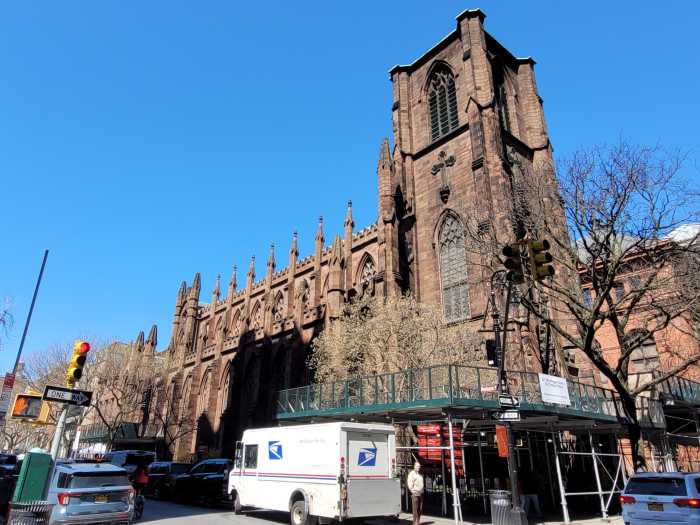The United States and other countries rushing to West Africa to check the ghastly spread of Ebola have embarked on a devilishly challenging humanitarian mission.
They must succeed — that’s the only acceptable option — but a strong performance will require brilliant planning, flawless execution and a generous amount of luck. The 3,000 military personnel President Barack Obama is sending to the region have one overarching task: They must move faster than the Ebola virus, which is spreading aggressively through Liberia, Guinea and Sierra Leone.
The larger the epidemic grows, the more difficult it is to contain. So swift and effective action means everything. The window for controlling the contagion is closing fast, the Centers for Disease Control warned this week. The hardest-hit West African nations need physicians and medicines and protective gear for health care workers — now.
Obama has made the right moves so far. He has tasked the military with building 17 makeshift 100-bed hospitals for Ebola care and with constructing a training facility for 500 health care workers.
And United Nations Secretary General Ban Ki-moon has taken strong action — working to create a UN mission in West Africa that will coordinate the relief effort.
That’s essential. Governments worldwide — from Cuba to China to Britain — are pouring relief workers into the area. So are private humanitarian groups. Without careful coordination, the result could easily veer into chaos and delays at the cost of human life. Ban wants to have the UN mission in place and working within weeks.
Other global leaders must also ensure that the operation unfolds in double time. Some experts question whether the U.S. military can get its hospitals into place before the end of October. The military must find a way.
What happens if the international mission fails?
An unchecked epidemic could take tens of thousands of lives, destroy economies and create political instability. It could ultimately threaten international peace and security.
We cannot let that happen.






























